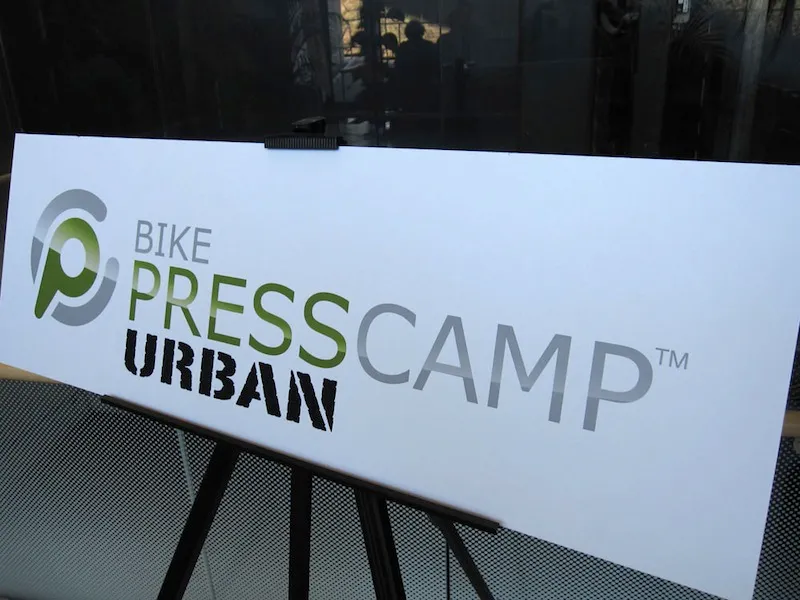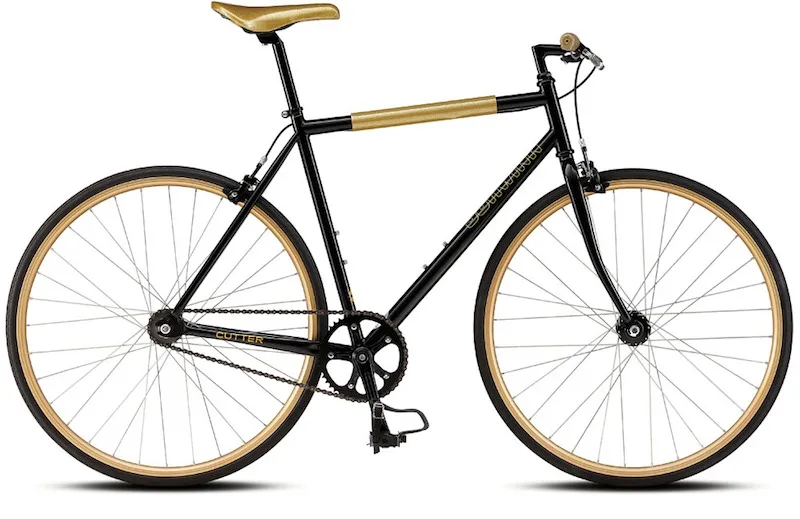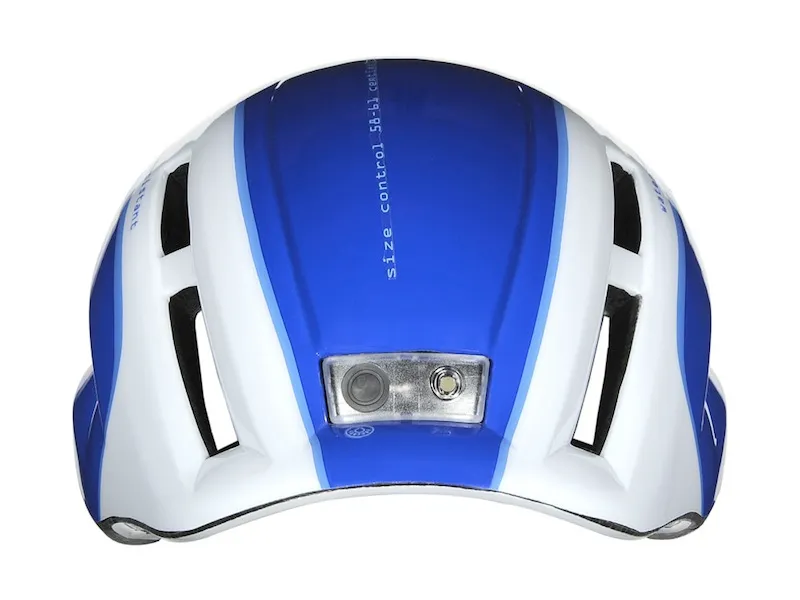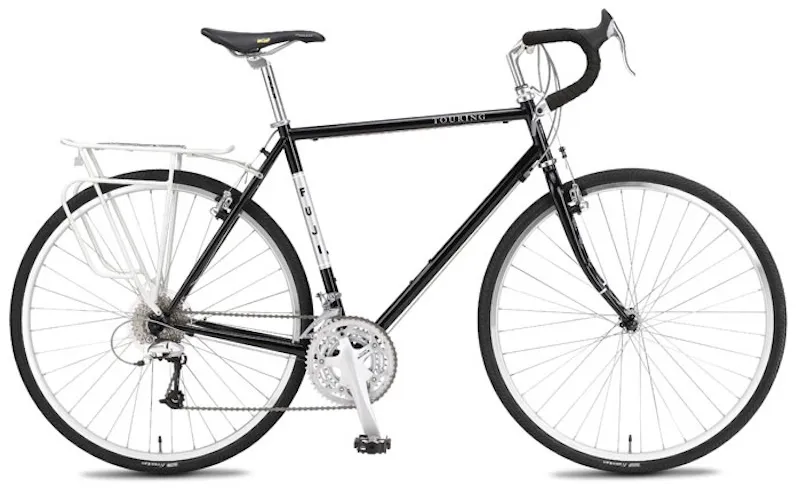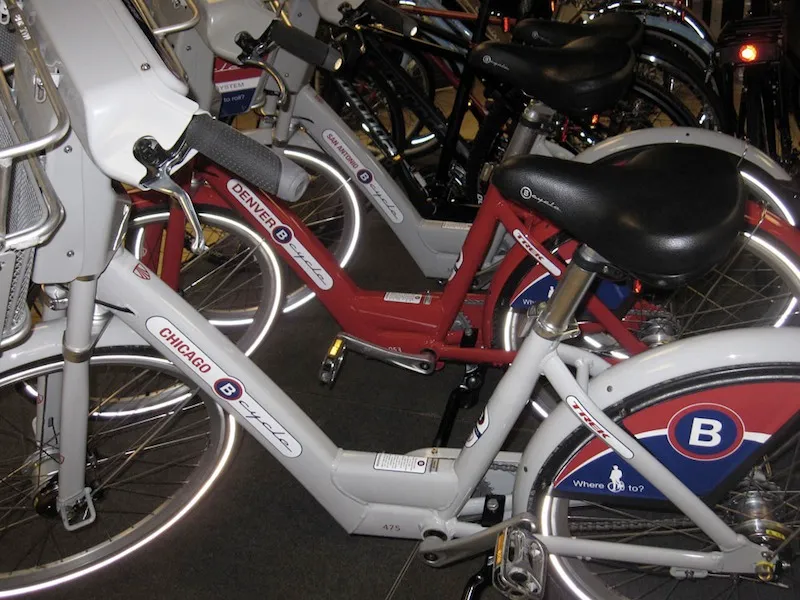Attendance of last week’s first annual Urban Bike PressCamp in Washington, DC made perfect sense for companies such as B-cycle, Civia and Currie Technologies. For larger operations like Cannondale and Fuji, however, the urban connection is less apparent, but no less important.
The latter two brands will, likely, be represented at July’s Tour de France, with their top road models serving as weapon of choice for some of the world’s best road racers. So why make the trip to DC? Is the transportation sector really that important to the cycling industry?
“Absolutely it is,” said Chris Mesigian, Fuji’s marketing manager. “Getting more people riding bikes in cities is a big push for us this year. We want people to see bikes as a functional transportation tool, not just a toy for recreation.”
That theme of perspective alteration was echoed by nearly all of the dozen exhibitors at this first-year event, put on by LifeBoat Events and held in the House of Sweden, home to the embassies or Sweden and Iceland.
“We’ve had the high-end helmet market covered for a long time,” explained Lazer Helmet’s Chris Smith. “The urban and commuter market is something that’s exciting and new for us. And of course being bike people at heart, encouraging commuting is something that’s very important to our company.”
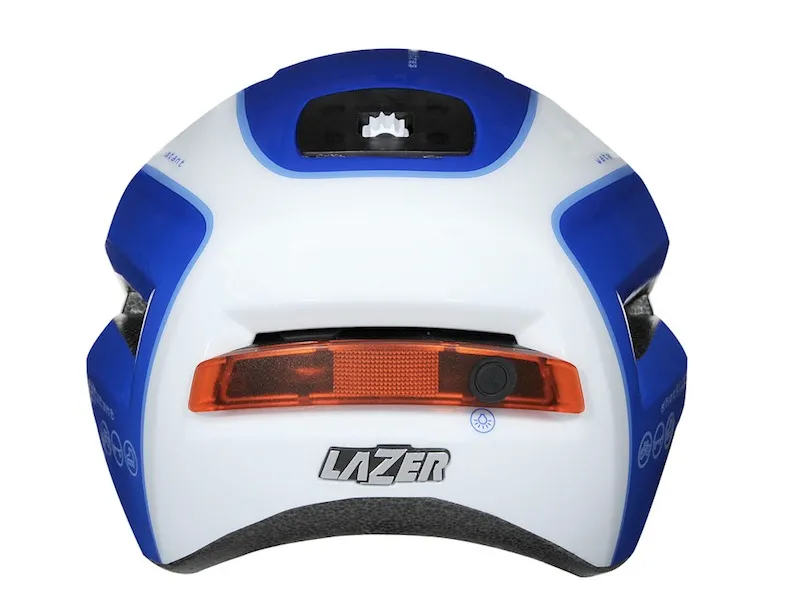
Lazer's Urbanize helmet features integrated head and taillights
To prove that point, Smith arrived in DC with about a dozen urban-centric helmet models, all of them focused on function, fashion and affordability. Winter inserts, built-in lighting systems and eye-catching rain covers were among the commuter-specific features built into a range of helmets, all priced under $100.
Trickle down technology
Cannondale sees the commuting sector as a place to weave in the company’s performance technology heritage. The Quick, Quick CX, Bad Boy and Hooligan platforms are all geared toward transportation, and all incorporate higher-end technology, be it composite materials, disc brakes or front-end suspension. The top-of-the-line Quick Carbon 1 retails for $2500, big dollars in this typically price sensitive segment.
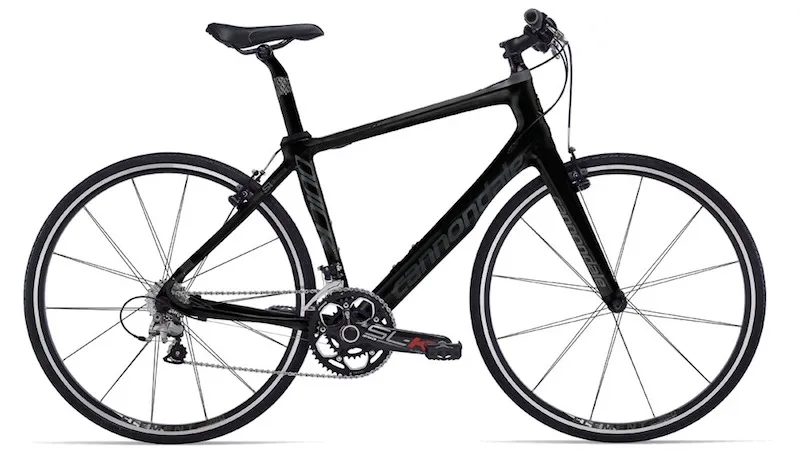
Cannondale's Quick Carbon 1 commuter
“We see huge growth opportunity in this part of the market. And we see consumer demand for technological innovation, not just bare bones cruiser bikes,” said Cannondale PR manager Michael De Leon. “Being here in conjunction with the National Bike Summit was a no brainer for us. We want more safe places to ride, and we want people and government to see bikes as part of a greater transportation system.”
That’s an idea long held as truth in Europe, but relatively new to this side of the Atlantic.
“That’s why I was hired,” explained Dane Morten Kristiansen, Schwinn’s new global product manager, who was also in DC for Urban PressCamp. “As a brand we’re trying to infuse that European mentality into the American commuter psyche. Right now there is a fundamental difference about how the bicycle is viewed. But we think that’s changing. People here are starting to see the bike in a different light. Now we just need the political initiative to keep momentum moving forward.”
